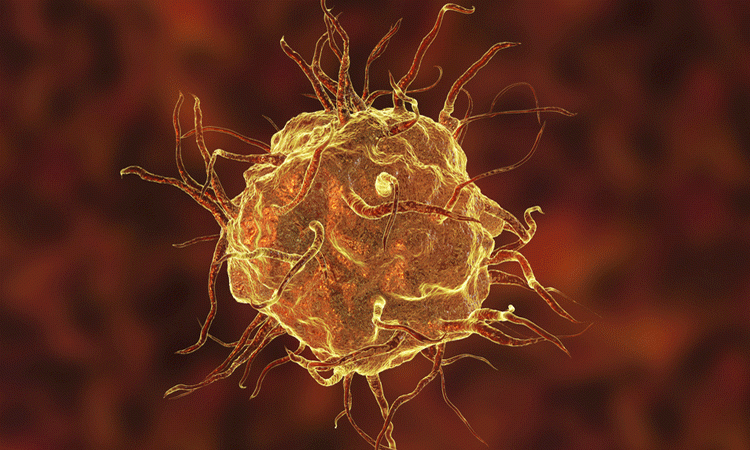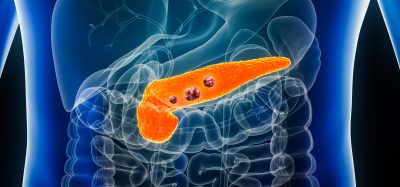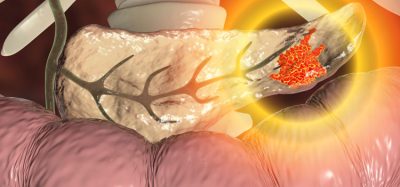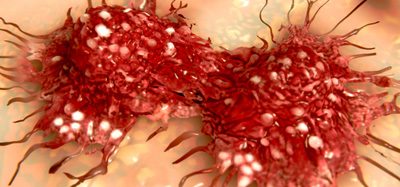Blocking specific macrophages leads to tumour shrinkage
Posted: 28 August 2019 | Victoria Rees (Drug Target Review) | No comments yet
A study has found that removing a particular kind of macrophage enables the immune system to attack tumours, providing a potential drug target.

A novel form of immunotherapy has found success in mice which could provide an alternative treatment for patients who do not respond to existing therapies. According to the team, their method could be used to combat malignant melanomas.
The researchers, from Aarhus University, Denmark, collaborated with colleagues in France, the UK and USA.
The new technique targets and removes certain macrophages, a subtype of immune cells, allowing the immune system to attack the cancer.
“We’ve studied what happens to the tumour when it is exposed to targeted treatment that removes precisely ten per cent of the macrophages that are supporting the cancer tumour instead of fighting it,” said Dr Anders Etzerodt, Assistant Professor at Aarhus University and lead author of the study.
Previous studies have shown that macrophages which express a specific receptor, CD163, on the cell surface, recognise tumours as normal tissue that needs help with regeneration.
The researchers found that removing this specific type of macrophage enabled the mobilisation of new macrophages of a different kind. This led to the activation of T cells which then attacked the tumour, causing it to shrink.
“Our study suggests that the macrophages we’re hitting function as a kind of ‘peacekeeping’ force that keeps the ‘attackers’ away,” said Etzerodt.
“When the peacekeeping macrophages in the tumour are removed, the attackers can instead be mobilised, after which the T cells and a number of other macrophages collaborate to attack the tumour. What’s interesting is that the whole thing happens by itself as soon as we remove a tenth of the macrophages that express CD163 and that these appear to want to ‘decide’ which immune cells can be allowed to get into and out of the tumour,” he said.
The research group with partners are currently testing whether the technique works just as well on mice with other kinds of cancer in which CD163 is a sign of low survival rates. These ongoing research projects focus on both cancer of the ovaries and cancer of the pancreas.
The study was published in the Journal of Experimental Medicine.
Related topics
Drug Targets, Immunology, Oncology, Research & Development
Related conditions
Melanoma
Related organisations
Aarhus University, Journal of Experimental Medicine
Related people
Dr Anders Etzerodt






